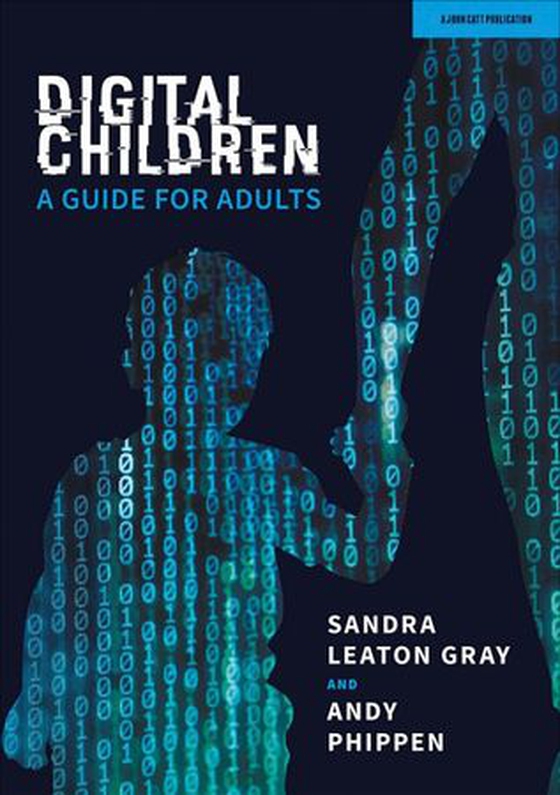
Digital Children: A Guide for Adults ebok
The digital world is a place where even the most informed parents and teachers can feel one pace behind children. Bombarded with scare stories about the risks of everyday Internet interactions for young people, those caring for them are frequently left to navigate online minefields more or less on their own. This book is here to help. Two leading experts on digital childhoods, Dr Sandra Leaton Gr…
The digital world is a place where even the most informed parents and teachers can feel one pace behind children. Bombarded with scare stories about the risks of everyday Internet interactions for young people, those caring for them are frequently left to navigate online minefields more or less on their own. This book is here to help.
Two leading experts on digital childhoods, Dr Sandra Leaton Gray and Professor Andy Phippen, explore the realities of growing up online in the 21st century. They provide an informative and accessible guide to the issues young people face today, based on the latest research and scholarship. They also expose the many ways the child safeguarding industry means well, but often gets things very wrong.
The authors explain the latest research on topics such as biometrics, encryption, cyphertext and sexting, and analyse their relevance to the next generation. They raise a number of key questions about the contemporary lives of young people, including their relationship with digital technologies such as games, social media, surveillance and tracking devices. They also challenge conventional thinking on these issues. Rather than relying on technology, they argue we should instead focus on the quality of relationships between children, their peers, their parents and with adults generally. Then we can build a healthy digital future for society as a whole.







